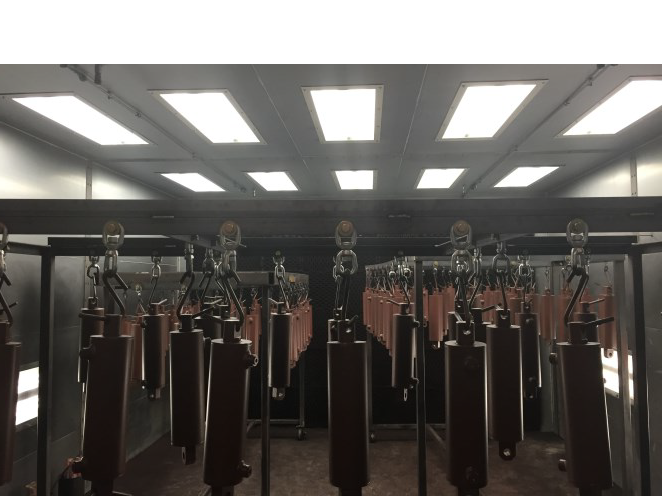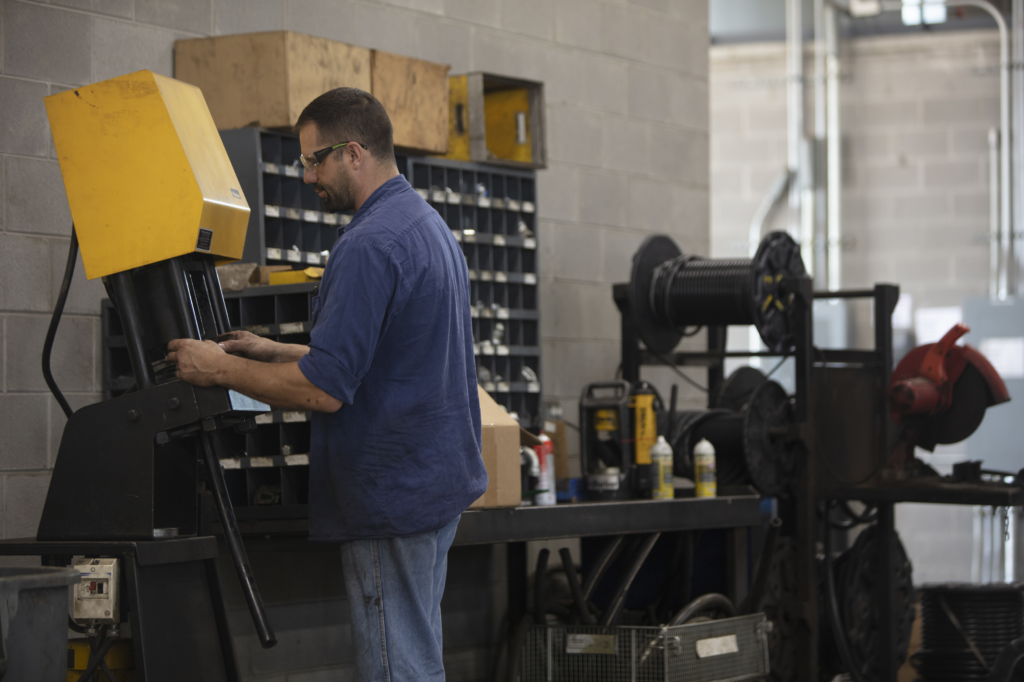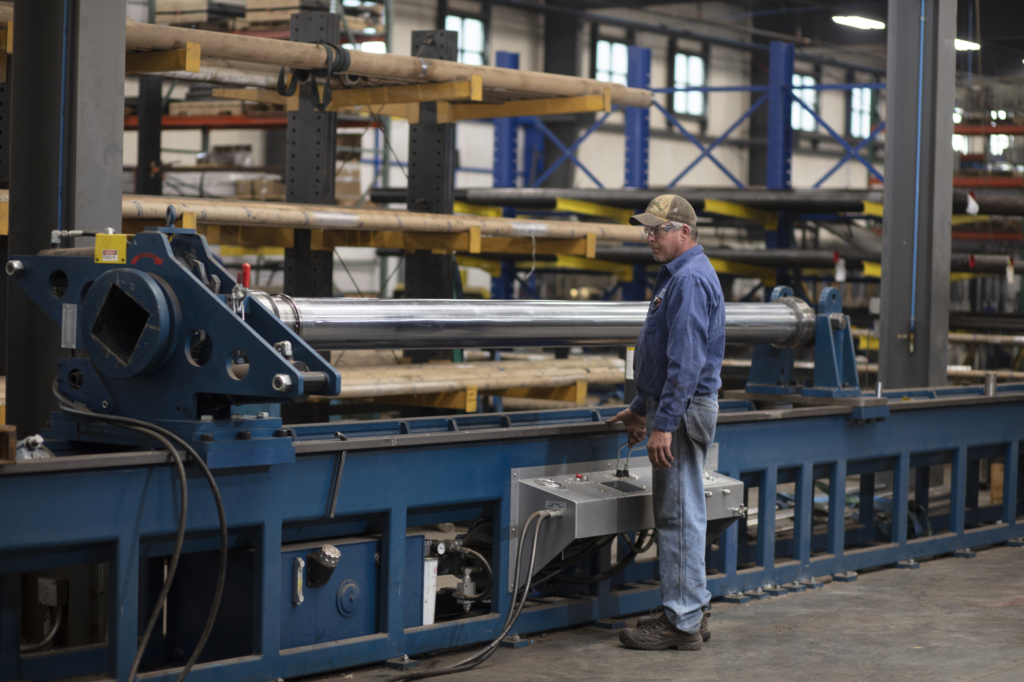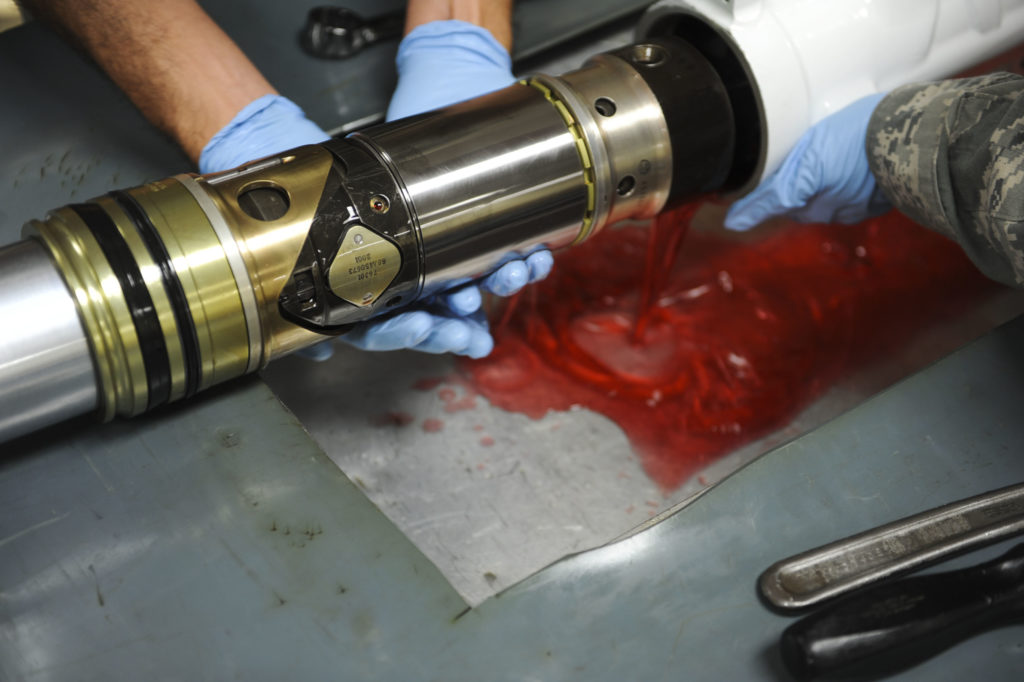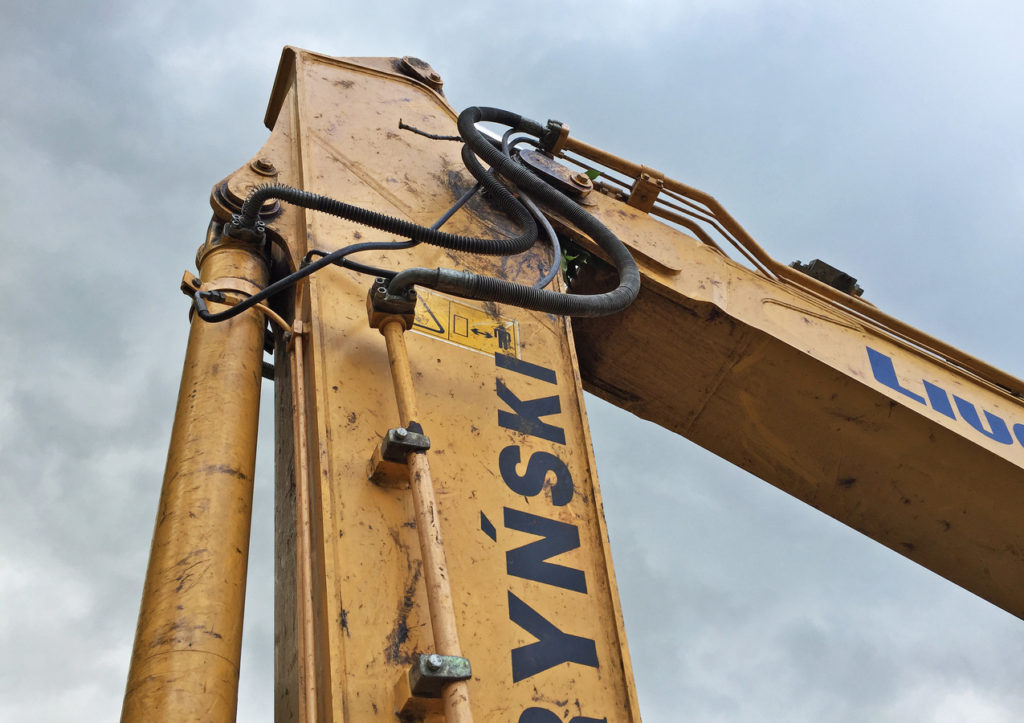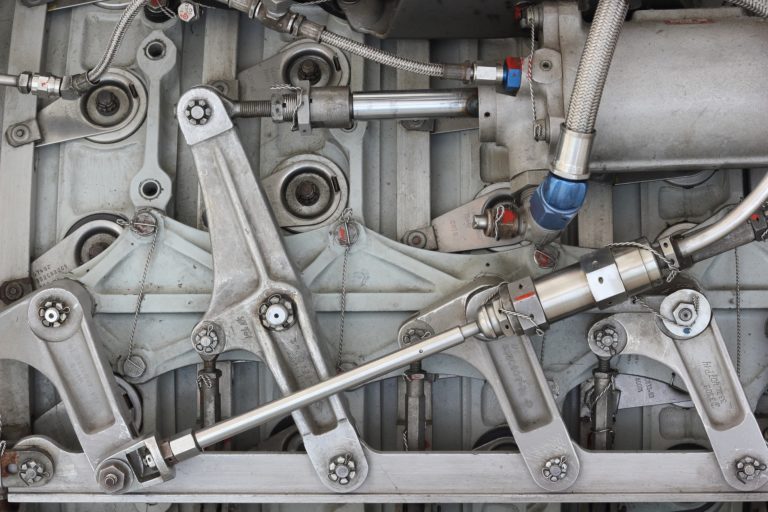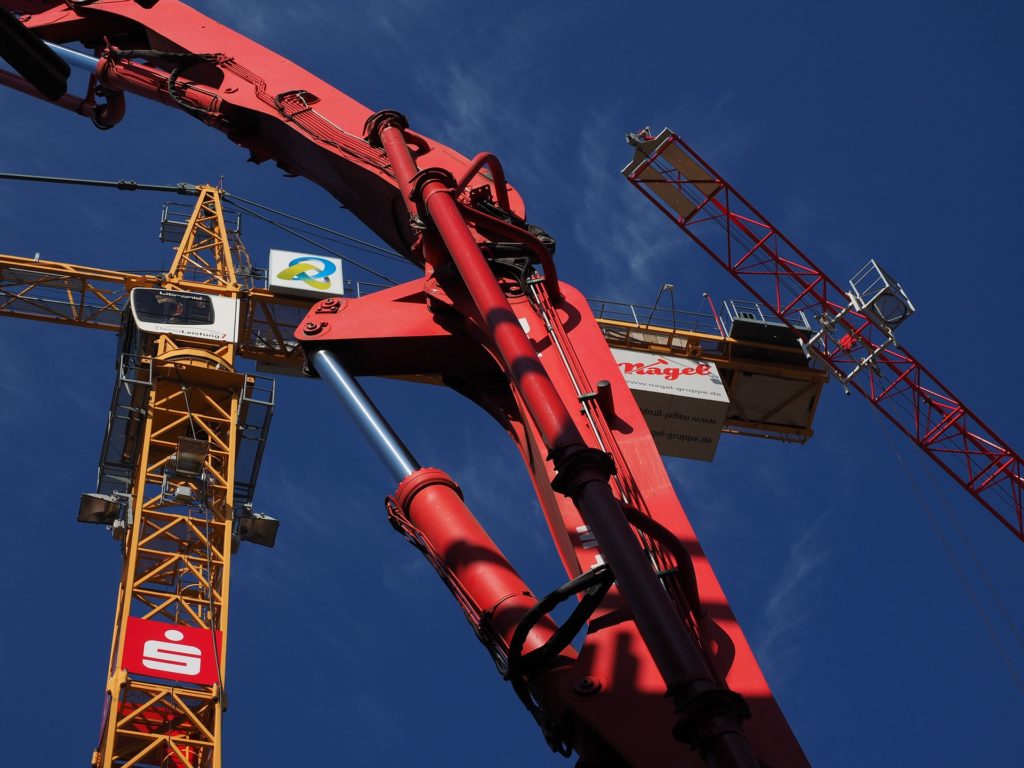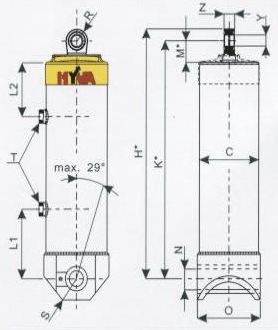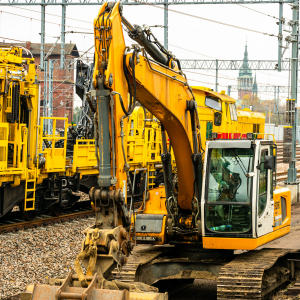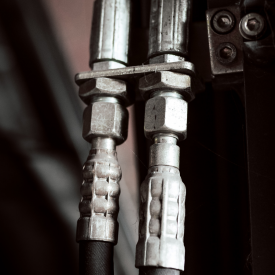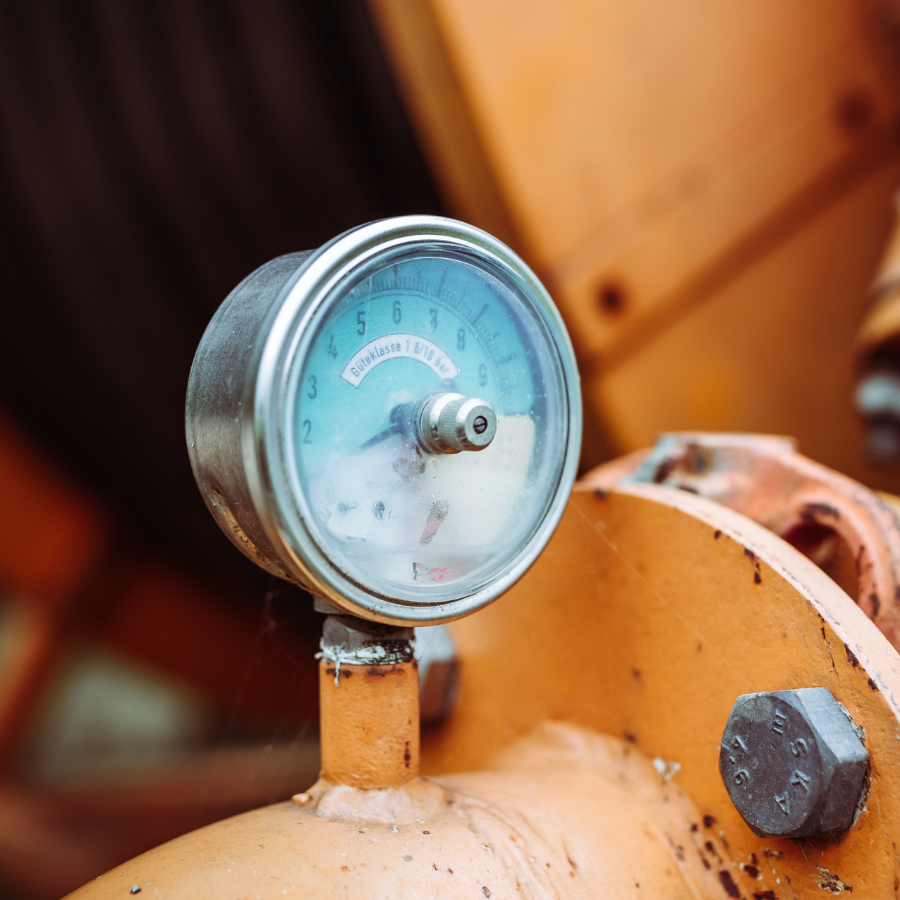
When Should You Opt For Custom Hydraulic Systems?
The Benefits of Custom Hydraulics for Your Business
Hydraulic systems are always comprised of many pieces that all work together to make the system function. Many times, custom hydraulic applications can come in handy for your system and operations – but when should you opt for a custom hydraulic system rather than a conventional one? What is the difference and how can a custom system help and benefit your business? We want to hit all of this with you because we know that choosing the right hydraulic system can be hard. Ultimately, there are countless benefits to a custom hydraulic system – but you have to decide if it’s the right route for you and your business, so here are some of the top reasons why you should consider a custom system.
Design Configurations are Limitless
One of the most attractive parts of a custom hydraulic system is the unending options that you have for design configurations. With a custom system you can decide exactly how you want your system to be designed and run. Whether it’s a small or large system, you have complete control over it all and anything you can dream up – we can find a way to make reality.
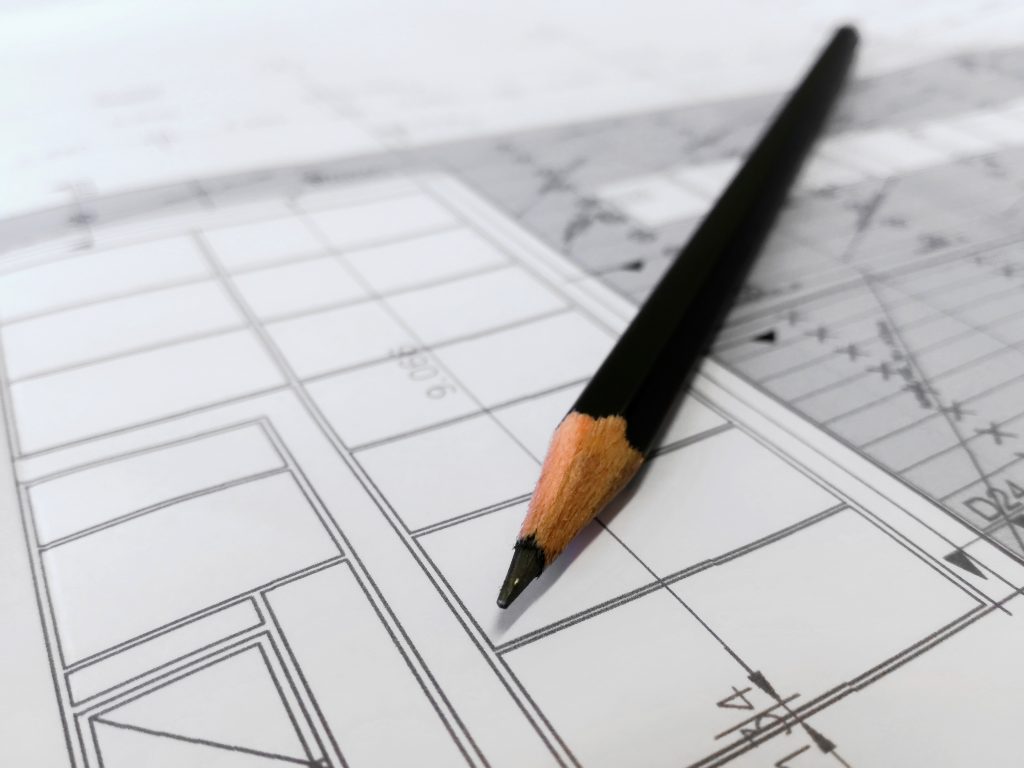
Always a Solution to Meet Your Need
Not only are the design and configuration options limitless, but we can almost ALWAYS find a solution to whatever your project catch is. There is comfort in the idea that with custom systems and applications, solutions can almost always be created to help your project or system run better, operates with efficiency, or completely change the way that your project functions.
Full-Service Design Build Solutions
Maybe you’re in more of a place where you have the idea you want to achieve but you aren’t exactly sure how to make it happen. We can help you design something that can help solve your problem from start to finish. We can help you with a hydraulic cylinder repair or even a cylinder rebuild, just let us know what you need done with your system.
Ultimately, we realize that custom hydraulic systems aren’t for everyone or for every project– but they might be right for you – and we hope that as you explore your options, you’ll know which direction you should go. If you simply want to talk about what a custom hydraulic system or solution could look like for your specific project is, please contact us today! Our team is happy to help you with any questions you might have, and we are completely committed to being here for you every single step of the way when it comes to a custom hydraulic system.




